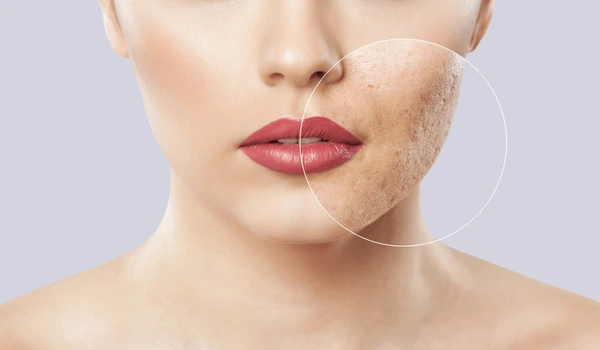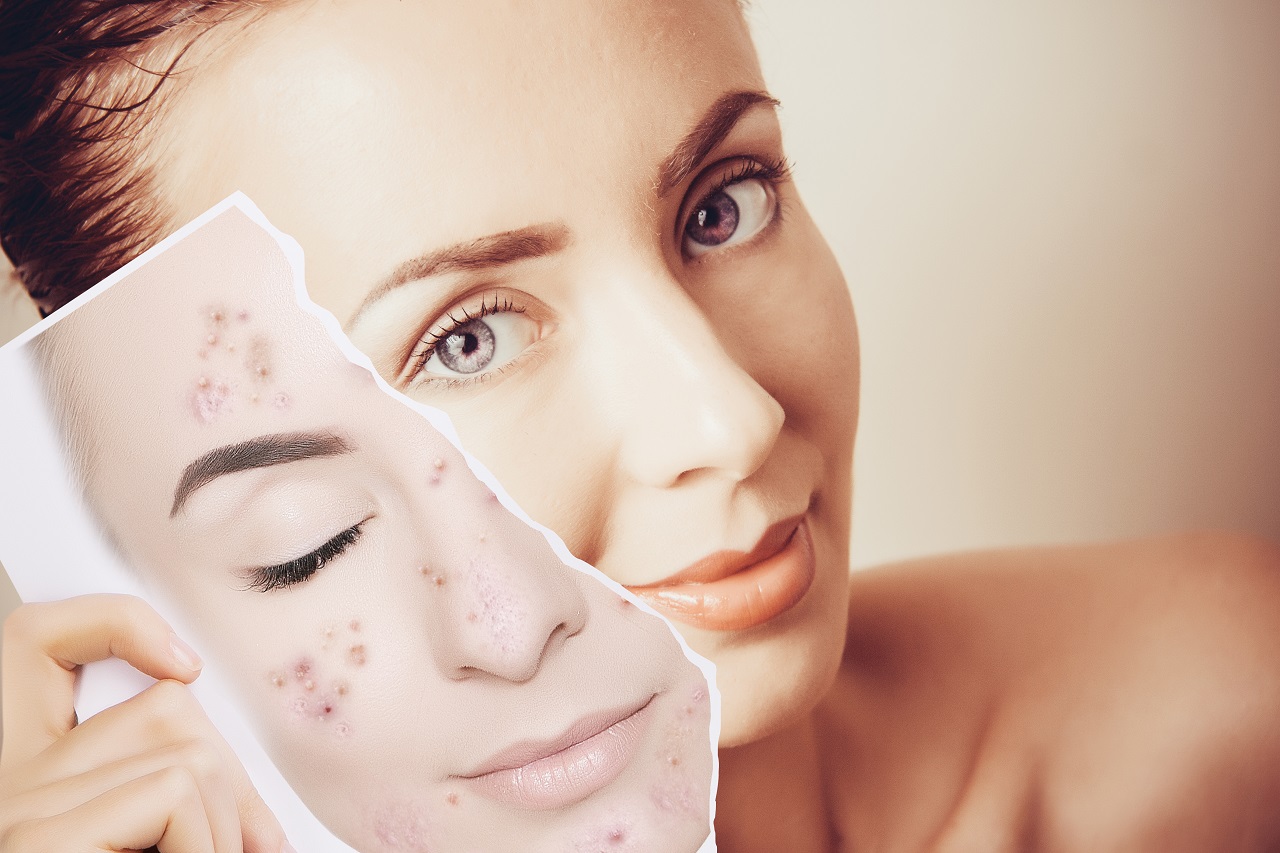Acne Removal
Acne is a common skin ailment characterized by pimples on the face, forehead, chest, shoulders, and upper back. Genetics, fluctuating hormone levels, stress, high humidity, and the use of oily or greasy personal care products are all possible causes. Acne is most frequent among teenagers, but it can strike anyone at any age.
Where does acne most commonly occur?
The face, forehead, chest, shoulders, and upper back are the most typical areas where acne can appear. Oil glands can be found all over your body, but they are concentrated in those areas. The best technique to treat acne is determined on its severity. Acne can be modest (a few pimples here and there), moderate (inflammatory papules), or severe (severe acne) (nodules and cysts).
What causes acne?
Acne is primarily a physiological problem caused by androgen hormones, which peak during adolescence and early adulthood. Acne is caused by a combination of sensitivity to these hormones, surface germs on the skin, and fatty acids in the oil glands.

How is acne diagnosed?
During a skin inspection, an acne removal doctor can diagnose acne. They may also inquire about your level of stress or whether you have a family history of acne, both of which are risk factors. Breakouts and menstrual cycles are sometimes linked, therefore teen girls and women may be asked about them. In elderly persons, sudden, severe acne outbreaks can occasionally indicate the presence of some underlying condition that necessitates medical attention.
Treatment options for acne
Medicines, chemical peels, cryotherapy, fractional CO2 laser, dermal filler, and intralesional steroids are some of the therapeutic options for acne.
Do you need to see a specialist?
Your general practitioner can help you control your acne. When acne does not improve or becomes severe, you should see an acne specialist doctor who is board certified.

What queries do our acne doctors address for our patients?
Our acne specialists respond to questions from patients like as
- What type of acne do they have?
- How severe is their acne?
- Do they need to see us ?
- Do they need a referral?
- What over-the-counter medications do we recommend?
- What prescription medications do we recommend?
To get your queries answered, book an appointment with our acne doctor near you.